
Top 10 Best Games Based on Books - Article
by Taneli Palola , posted on 19 October 2018 / 7,559 ViewsBooks have, historically, not been the most popular medium when it comes to adapting existing works into video game form. Countless movies and TV shows have received their own video games, but books have never been quite as popular. Perhaps the reason is that books are inherently more difficult to adapt into video games than other, already visual mediums like films. However, that's not to say that there aren't any great video game book adaptations out there.
The one criterion I have for this list is that it's not enough for the game to be set in the same world as the book or take inspiration from it. Rather, it has to share a significant number of characters, storyline details, and other elements to make it onto this list. For example, Middle-Earth: Shadow of Mordor and its sequel do not count as book adaptations. The games can differ in one or more aspects, but have to have clear and strong connections to the source material to be valid. With that in mind, here are the ten best video games based on books (in my opinion, of course).
10. Dune II: The Building of a Dynasty/Battle for Arrakis
(Based on Dune by Frank Herbert)
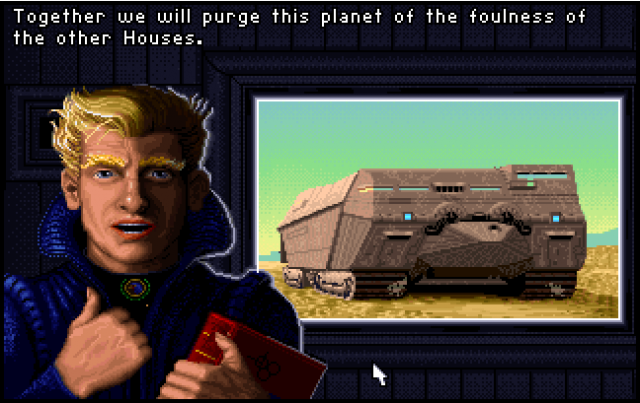
We start the list with a game that is in many ways responsible for the rise of the RTS genre in the early to mid 90s. However, it is also a slightly tricky entry, as the argument could be made that Dune II is actually inspired more by the film Dune rather than the original book by Frank Herbert. Still, there are still a lot of direct connections to the original novel in the video game to justify its place on this list.
Taking place on the desert planet of Arrakis, the only place where a valuable drug called Melange (more commonly as ”the spice”) exists. On the planet three competing noble houses - Harkonnen, Atreides, and Ordos - battle over control of the planet and its spice reserves in order to gain favour with the emperor.
Overall, Dune II is a fairly loose adaptation of the novel, taking the setting, important themes, names, and other such elements including the basic premise from the book, but then telling its own self-contained story from that point on. This is mainly due to the fact that the game has three different playable factions, each with their own storyline, whereas the book is mainly focussed on the point of view of House Atreides.
9. Ken Follett's The Pillars of the Earth
(Based on The Pillars of the Earth by Ken Follett)
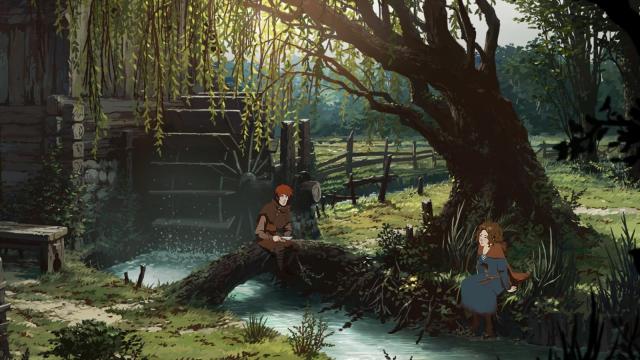
The Pillars of the Earth is likely not the kind of book that most people would think to make a video game adaptation from. A historical novel about the building of a cathedral in a fictional English town of Kingsbridge in the 12th century doesn't really strike one as the kind of story you could make a video game about. Yet that's exactly what Daedalic Entertainment did with this point-and-click adventure game that released in 2017.
This one is definitely a very particular kind of game that requires the player to be in a specific frame of mind to enjoy. It's a very slow-paced, narrative-heavy title that isn't really interested in high tension drama or fast-paced action. The Pillars of the Earth certainly takes its time weaving its narrative, which covers several decades and features several playable characters.
For any fan of well-written historical fiction The Pillars of the Earth should be on their list of games to play. It captures the feeling of the era and the location it depicts, and contains just enough actual historical facts while still telling a largely fictional tale to come off as genuinely authentic. It's also an absolutely gorgeous game, with beautiful backgrounds and character designs, which certainly helps in making the world feel real and authentic.
8. I Have No Mouth, and I Must Scream
(Based on I Have No Mouth, and I Must Scream by Harlan Ellison)
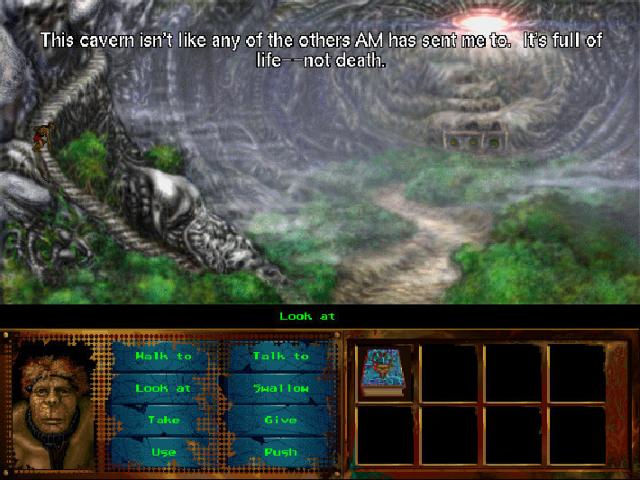
I Have No Mouth, and I Must Scream is one of those games that a lot of people generally seem to know by reputation, but few have actually taken the time to play it, which is a shame because it truly is an excellent (and quite disturbing) point-and-click adventure game. It's also an unusual adaptation, especially for a video game, as the writer of the original story, Harlan Ellison, was heavily involved in the development process, writing much of the script and even voicing the game's main antagonist, the supercomputer AM.
It's set on a post-apocalyptic Earth where a highly intelligent supercomputer annihilated most of the human race after developing sentience and absorbing two other supercomputers into its programming. Now calling itself AM, the supercomputer has spent the last 109 years torturing and modifying five human subjects, altering their minds and bodies however it saw fit, and is now presenting them with a game to play. AM presents the characters with their own personal psychodramas, praying on their deepest fears and personal demons.
The game takes the story premise, the characters, and a lot of the events straight from Ellison's novel, but alters certain details and aspects, while also adding new elements in to the mix, including making the story open-ended with seven different possible endings players can reach depending on their actions. However, it's very much in the bleak spirit of the original story; only one of the endings can be considered a positive outcome, while the rest involve varying degrees of hopelessness. It's certainly not the most joyful of experiences, but it's very much worth playing nonetheless.
7. Parasite Eve
(Based on Parasite Eve by Hideaki Sena)
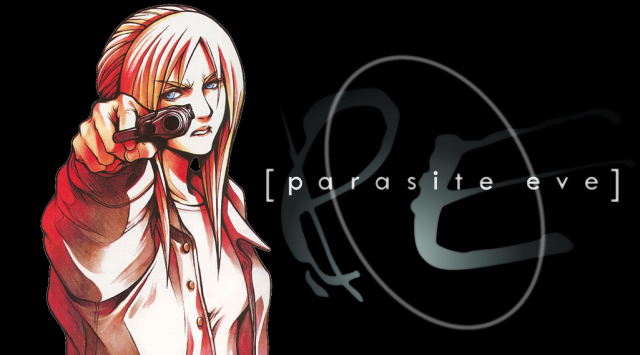
In the early-to-mid 90s horror experienced a huge resurgence in popularity in Japan, with numerous books and films driving this rise. One of these was Hideaki Sena's 1995 science fiction horror novel Parasite Eve, which alongside other releases such as Ring in 1992 made Japanese horror hugely popular during the decade.
Of course, with these books came adaptations, Parasite Eve alone getting a film, two manga series and, of course, three action RPG video games. The first Parasite Eve, released in 1998 on the original PlayStation, came out just as horror video games were pushing their way into the mainstream with the likes of Resident Evil finding huge success. Parasite Eve was more of an RPG than a true horror game, but the novel's influence is easy to see nonetheless.
As an adaptation Parasite Eve is actually a sequel to Sena's novel, taking the novel's premise as its basis and using it as the backstory for its own narrative. Besides that, the most significant shared element between the book and the game is Eve, the main villain born out of mitochondria that has evolved to the point of sentience and is now seeking to supplant humans and other similar life forms as the dominant species on Earth. The video game does an excellent job capturing the foreboding atmosphere and sense of fear found in the novel, and in general is an excellent adaptation.
6.The Hitchiker's Guide to the Galaxy
(Based on The Hitchiker's Guide to the Galaxy by Douglas Adams)
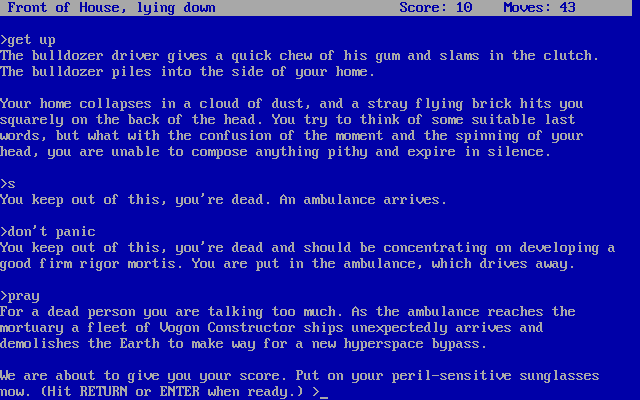
Another game where the author of the book it was based on was heavily involved during development is The Hitchiker's Guide to the Galaxy, which is based on the novel of the same name by Douglas Adams. Being a text-based adventure game, it presents arguably one of the most accurate portrayals of the style and tone of the source material out of any game based on a book. This is a very good thing as these kinds of games live and die almost entirely based on the quality of the writing.
Naturally, the main reason behind this was Adams himself writing most of the game's text and dialogue, as well as designing much of it with Steve Meretzky. This made for a very authentic experience that genuinely felt like it was the actual book you were reading. It's also a rare case of a game that is intentionally funny, leveraging the nihilistic, often surreal style of humour Adams is known for.
Of course, since this is a text adventure game there are likely very few people reading this who have actually played it, as the genre isn't exactly popular these days. However, for any fan of Adams' books, or just fans of well written and funny stories in general, this should be on your list of games to play, especially as it's free for everyone to play online.
5. Metro 2033
(Based on Metro 2033 by Dmitry Glukhovsky)
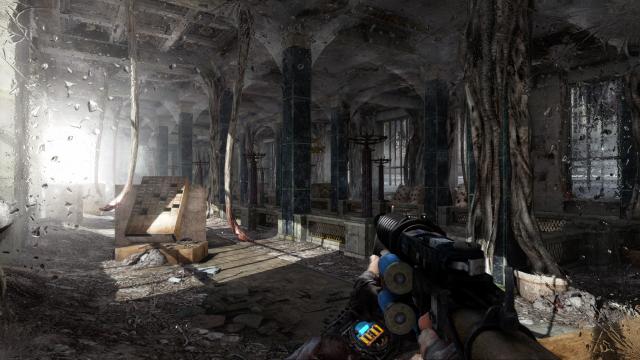
Some people may have expected to see Metro: Last Light here, but that particular title doesn't actually share that much in common with the novels these games are based on, outside of the main character Artyom and the post-apocalyptic setting. Metro 2033, on the other hand, is a fairly faithful adaptation of Glukhovsky's original novel, taking the setting, many of the characters, and storyline details directly from the book.
As the name suggests, Metro 2033 takes place in the year 2033 in the Moscow metro tunnels, after a nuclear war 20 years prior devastated the world and forced people to move underground to survive. A group of mysterious creatures known as the Dark Ones attack one of the stations, prompting Artyom to seek help in dealing with this threat from the rest of the communities living in the metro tunnels.
The greatest achievement of Metro 2033, in my opinion, is how it successfully builds tension and mystery surrounding the Dark Ones. A lot of this also comes from the game's world, which almost becomes a character in its own right as the game progresses. The dark and claustrophobic tunnels always loom around the player, and this in turn make the areas where people still live havens of safety that nonetheless have a hint of uncertainty to them.
4. Enslaved: Odyssey to the West
(Based on Journey to the West by Wu Cheng'en)
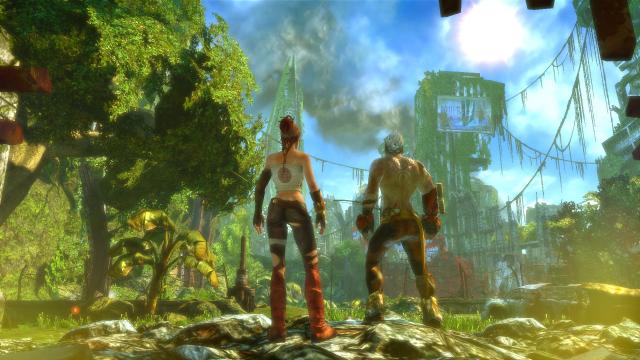
Out of all the games on this list Enslaved: Odyssey to the West is perhaps the one that is the furthest away from being a direct adaptation of the original novel, and because of that I almost left it out of the list completely. In the end, though, it does share enough of the story it was adapted from – the 16th century Chinese epic novel Journey to the West - that I decided to include it.
Of course, the main difference between the novel and the video game is the setting. The game takes the classic Chinese tale and places it in a post-apocalyptic North America, hundreds of years in the future. Various plot details have also been changed, but the central concept and the main characters still retain similar roles as in the novel. Still, of the games on this list it is by far the loosest adaptation, going more towards preserving the themes and tone of the original, while taking a much more liberal approach to the rest of the source material.
As a game, Enslaved is the title that made me a fan of Ninja Theory. Prior to this the company was best known for the PS3 launch title Heavenly Sword, but I've always considered Enslaved to be a vastly superior game. Ninja Theory has always been excellent at telling stories and creating interesting and nuanced characters, and Enslaved is no exception. It's a great game in my opinion, and while it takes liberties with its source material, Enslaved: Odyssey to the West is one of the best book to video game adaptations ever.
3. Spec Ops: The Line
(Based on Heart of Darkness by Joseph Conrad)
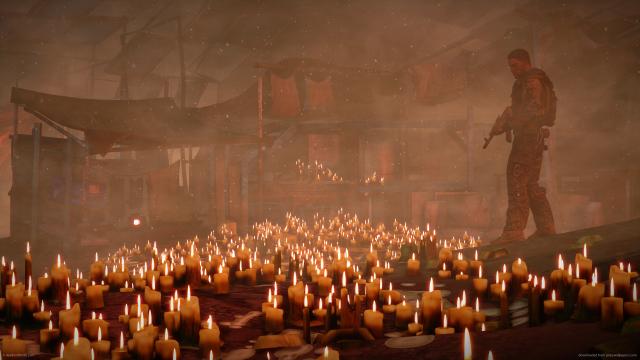
Basing the story of a video game on a literary classic is always a rather thankless undertaking. Even at best of times video games are still often not taken as seriously in mainstream media, and deciding to adapt a beloved work into a video game, especially one that has already been adapted into a highly regarded film, can lead to heavy scrutiny and derision towards the developer.
Fortunately, this didn't deter Yager Development when the developer decided to take Joseph Conrad's Heart of Darkness and use it as the basis for the game Spec Ops: The Line. It was a brave move, but one that paid off hugely in the end. While the game changes certain elements and details, like moving the story to the devastated city of Dubai and changing the names of characters, the major elements are still intact and executed wonderfully.
However, what truly makes the game stand out from other titles is how it uses features unique to the medium of video games to slowly erode the player's confidence in themselves and what they see in the game. It lets players make seemingly important choices throughout the story, but the further the player gets the more uncertain things around the main character become, to the point that it's almost impossible to say what is actually real and what is not until the very final twist in the story.
2. The Witcher III: Wild Hunt
(Based on The Witcher series by Andrzej Sapkowski)
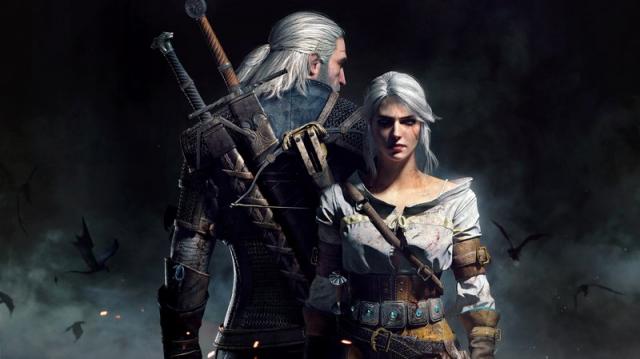
Probably the most obvious entry on this list, and one that most people are likely familiar with at least to some degree. Based on The Witcher book series by Andrzej Sapkowski, the trilogy of games made by CD Projekt Red between 2008 and 2015 are essentially a continuation of the story from the books, with the first game taking place two years after the novel The Lady of the Lake, which is, at least so far, the final book in the series chronologically.
While all three games have their fans, it's the third one that is often considered the peak of the series, and in general one of the best games released in recent years. Naturally, as it's a sequel rather than a retelling of the story from the books, The Witcher III is able to take what it needs from the original stories and use those as a foundation for the story it wants to tell without being shackled by any pre-existing boundaries.
Sapkowski's books are some of the best fantasy literature written in the last 30 years and are also among my personal favourites within the genre. Fortunately the games have lived up to that high standard, not only staying faithful to the tone and style of the original novels, but also creating a gorgeous and enticing original story around the existing characters and world. It's without question one of the best book to video game adaptations ever.
1. Suikoden II
(Based on Water Margin by Shi Nai'an)
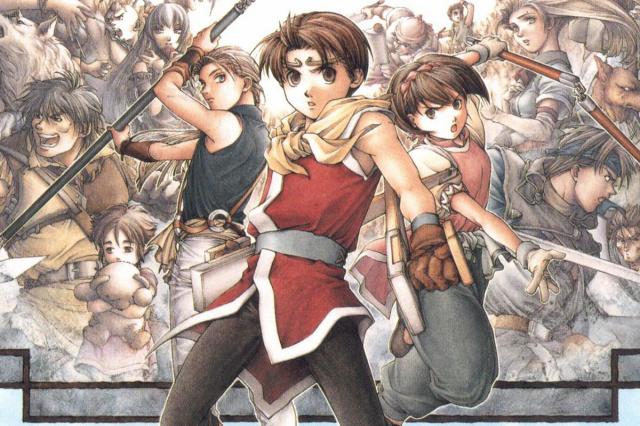
I would guess that most people aren't even aware of the fact that the entire Suikoden series is loosely based on a Chinese novel called Water Margin, from which the idea of the 108 Stars of Destiny that runs through the core of the entire Suikoden franchise comes from. The novels tell a story set during the Song dynasty (960-1279), about a group of 108 outlaws that set up their own army and fight against a corrupt government.
While the entire Suikoden series is at least loosely based on the novel Water Margin, the game I decided to pick here is Suikoden II. One of the many excellent JRPGs on the original PlayStation, Suikoden II differentiated itself from other games of its genre with its focus on political themes and warfare. While most other JRPGs usually go for a fairly fantastical approach with their stories and settings, the Suikoden series has generally felt more mature and grounded by comparison.
In the end, Water Margin serves mostly as a thematic origin point for Suikoden II, providing many of the basic ideas running through the center of the game's narrative, as well as serving as the main inspiration for the setting but not necessarily sharing characters or locations with it. In fact, as far as adaptations go, the first Suikoden is the closest to the original novel in terms of story, but Suikoden II is the better game, so it gets to top the list.
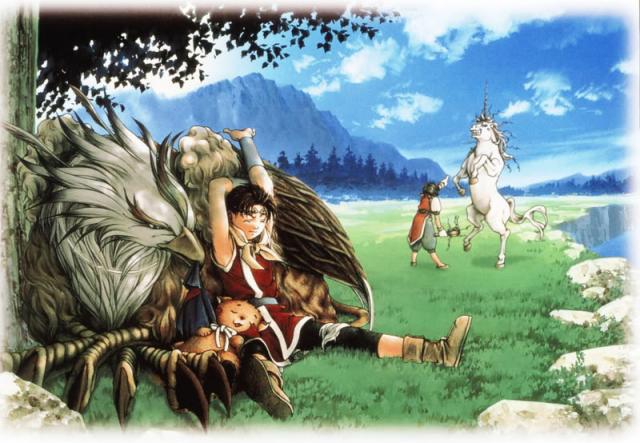
There are of course countless other video games that have been adapted from books since the early 1970s, and there's no way I could include all of them on a list of just ten, not to mention that I am probably not even aware of some such games even existing. So, if I happened to miss your favourite book-based video game for one reason or another, please share it in the comments below.
More Articles
nice list but enslaved is way too high and the witcher 3 should be #1 its considered one of the greatest games ever made
You forgot to mention the most successful of all: Megami Tensei.
The original Digital Devil Story: Megami Tensei on the NES was based on the first of a trilogy of books written by Aya Nishitani. The sequel to this game already departed from the books, and it would eventually start the Shin Megami Tensei series and its most famous spin-off, Persona.
I'd forgotten that the Metro series was based off of a book.
Intteresting list, thank you for that. I have to say for Dune II, that it actually is very loosely based on the book-series. The first game is much more based in the story of the first book (although it is adapted through the movie). I have I must scream and I have no mouth on both my todo-list for reading and playing already. I wasn't aware a game based on journey to the west, I only know about a zillion movies and series (dragonball for instance) based on that book. If you like text-based games (like the Douglas Adams one), you might give also the Discworld MUD a try: discworld.starturtle.net/lpc/
Just looking at the top two almost made me tear up, two of the best games I've played, the story of Suikoden 2 is just so engrossing that I wonder if it really was Konami that made this. People should definitely give this one a try.
It's a short story or maybe novelette iirc. Definitely worth reading.








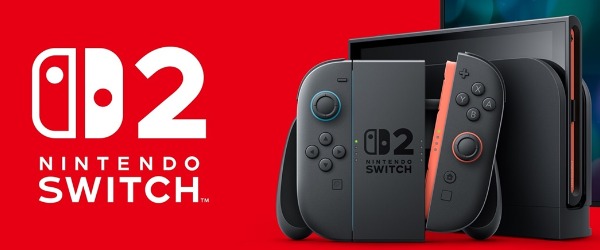

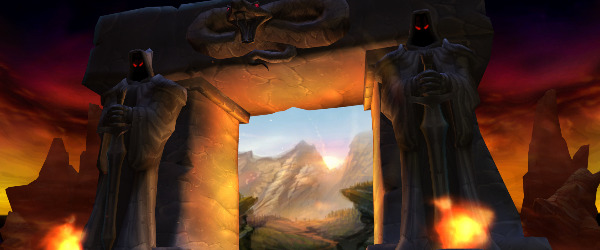
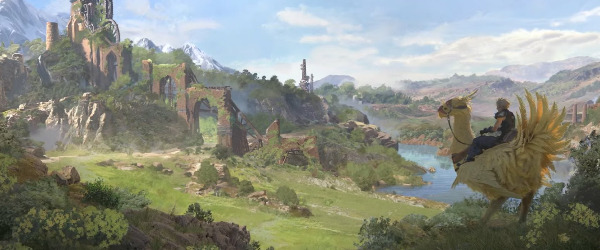










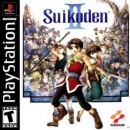

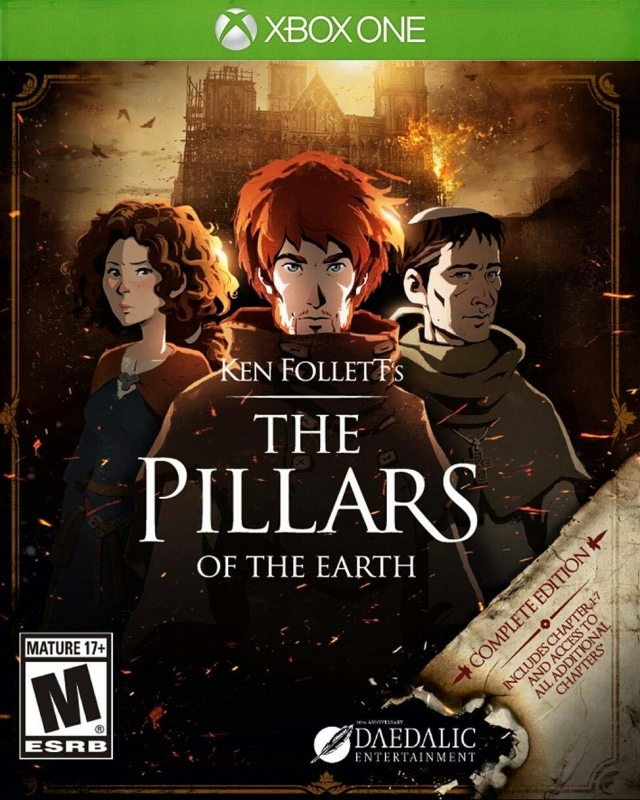

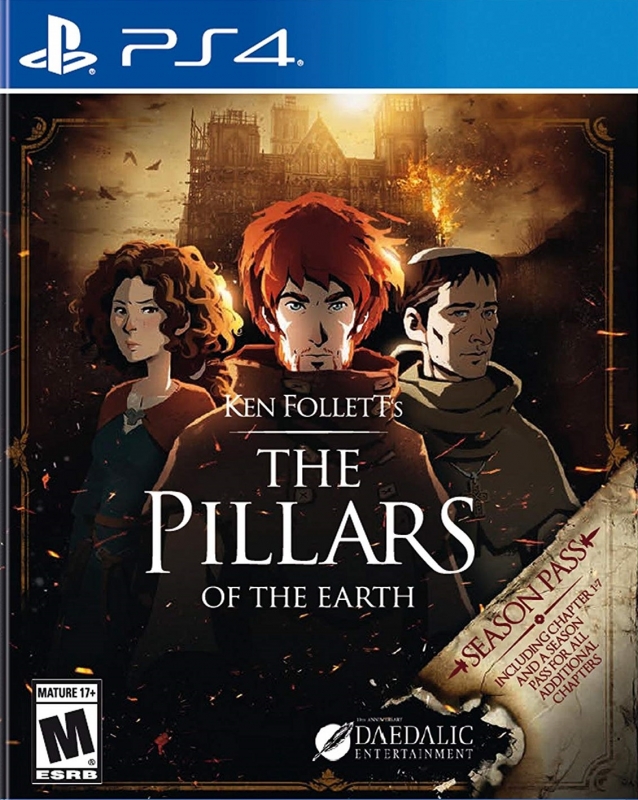

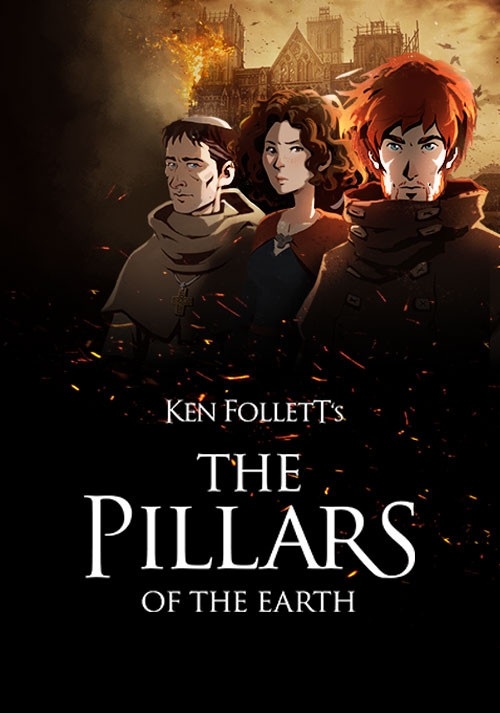

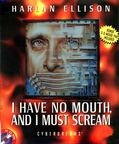
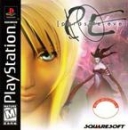
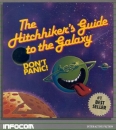
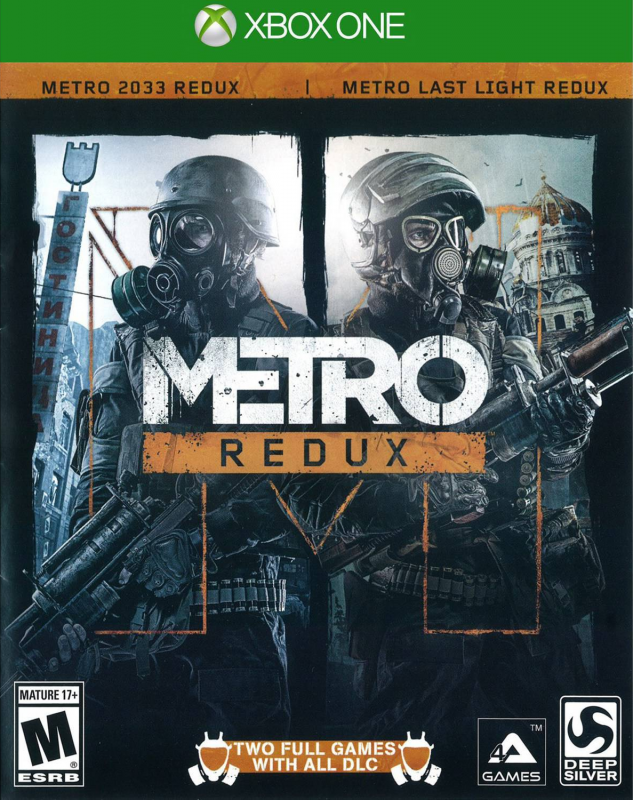
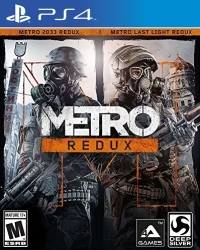
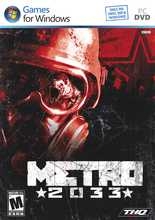
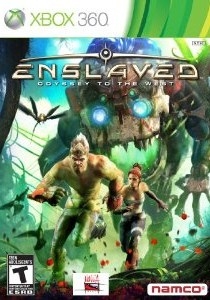

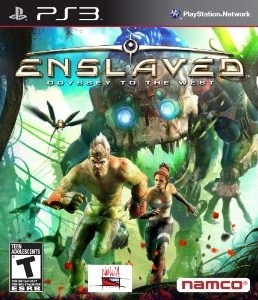

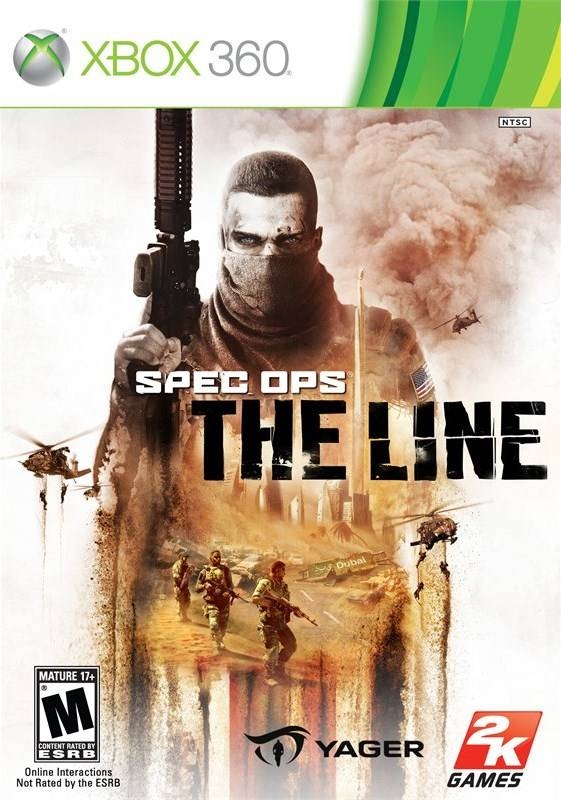
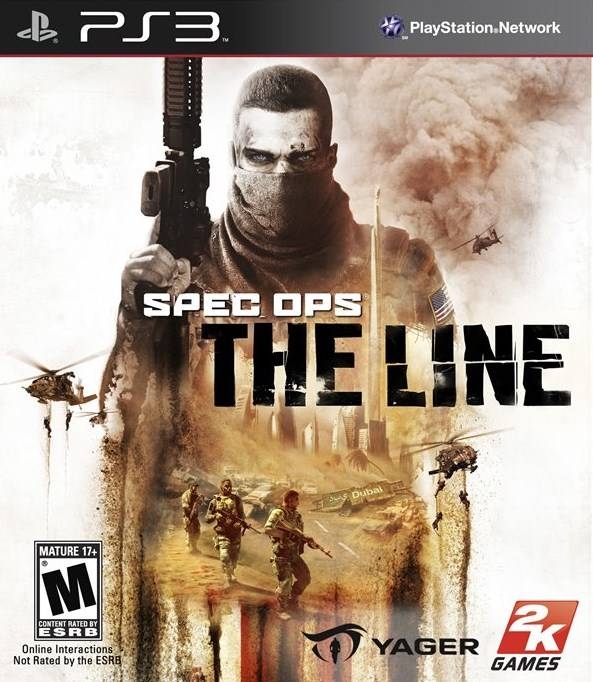
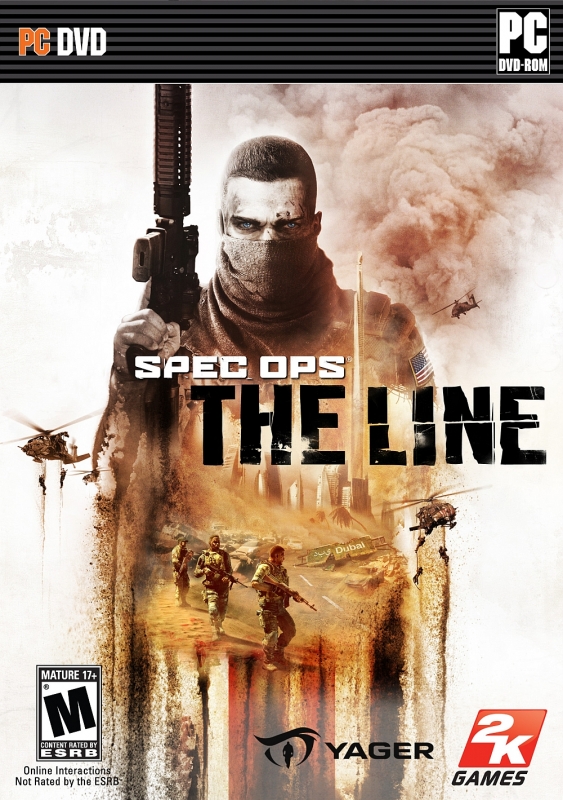
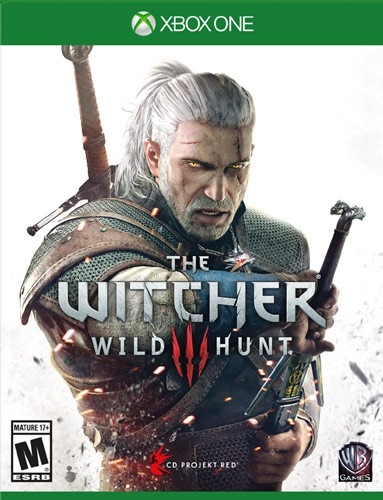
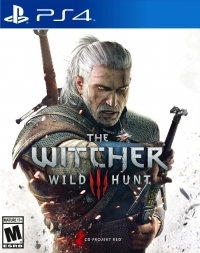
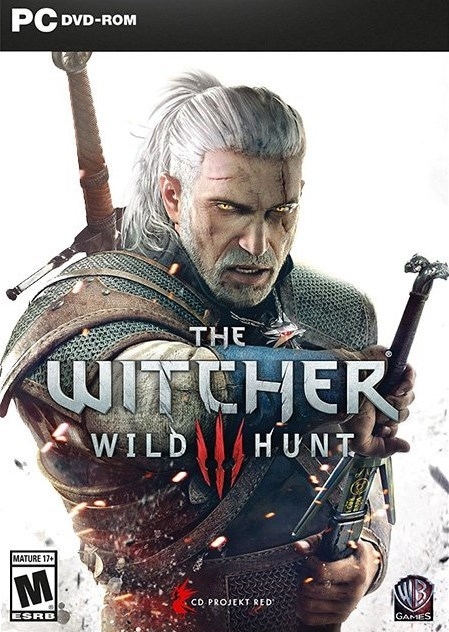
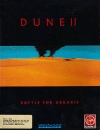
 Essay Pro
Essay Pro